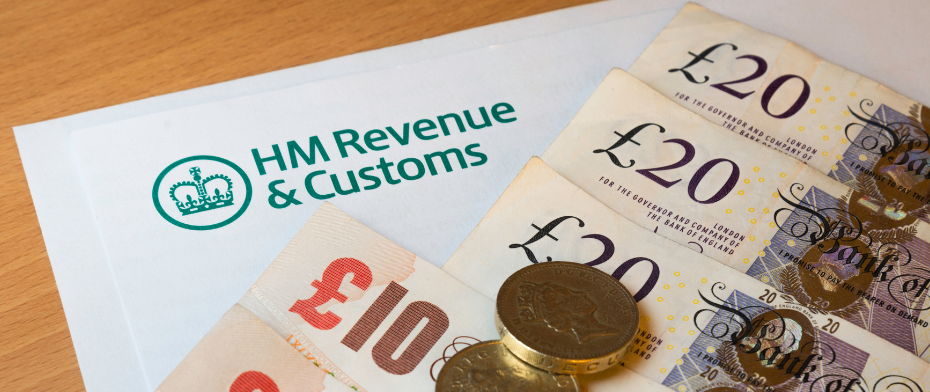What happens when HMRC starts an audit?
- TBA

- Oct 9, 2024
- 3 min read
Updated: May 29, 2025
Over the past decade, HMRC (Her Majesty’s Revenue and Customs) has frequently conducted surprise audits, and the number of tax investigations has significantly increased year by year to ensure businesses remain compliant with tax regulations.
Many clients facing a tax investigation need to hire accountants and other professionals to defend their case, gather evidence, and organize their accounts. The entire process can be costly, often reaching thousands of pounds in fees.
But what exactly does this process entail, and how could it affect you?
Can HMRC audit accounts submitted for previous years?
How many years back can HMRC audit?
How should you respond?
Can HMRC audit accounts submitted for previous years?
Yes, HMRC has the authority to audit accounts from previous years.
The specific audit period will depend on your unique situation, but an audit typically begins with the most recent tax return you have submitted.
Once HMRC completes an initial review, one of the following scenarios may occur:
Scenario 1: If no errors are found, the investigation will be closed immediately.
Scenario 2: If HMRC identifies unintentional mistakes, they can re-examine previously closed tax returns going back up to four years.
Scenario 3: In cases where errors are attributed to negligence, HMRC can audit records up to six years into the past.
Scenario 4: If deliberate tax evasion is discovered, HMRC may extend the audit period to as much as twenty years.

How many years back can HMRC audit?
At any point during an audit, HMRC has the right to extend the period under review if new information comes to light.
For instance, if an initial audit covers four years but HMRC suspects negligence, they may decide to extend the audit to six years. In cases of suspected or proven tax evasion, the review can extend as far back as 20 years.
In addition to your tax returns, HMRC might request access to other financial documents, such as land registry records or information on overseas bank accounts. These too can be audited for the same time periods (four, six, or 20 years), depending on the severity of the issue.

How should you respond?
The broader the scope of the investigation, the more concerned taxpayers tend to become.
When large amounts of time have passed, it can be difficult to recall potential errors in past tax returns, or you may find that relevant documents have been lost.
So, what steps should you take?
Keep accurate records: Ensure that all documents, including statements and tax returns, are meticulously recorded and properly stored each year.
Seek professional advice: If you are unsure about any aspect of your taxes, it is highly recommended that you consult a tax professional for guidance and support. A qualified expert can help clarify your situation and provide peace of mind during the audit process.
Remaining organised and seeking advice early can help you navigate an audit with confidence and ensure that any issues are addressed promptly and correctly.
Once you receive a tax audit notification, the individual or business involved must follow the instructions outlined in the letter to prepare. Since the process can be quite complex, taxpayers or businesses typically require assistance from professional accountants or tax experts to navigate through it smoothly.
During the investigation phase, professionals are needed to help their clients collect and organize all the necessary documents, cross-check the accuracy of all financial data, and ensure they are fully prepared for the HMRC’s review. These steps are crucial to successfully manage the audit process.
For individuals and businesses looking for UK taxation services, use our contact form to get in touch for more information.
Get in touch with us at info@tbgroupuk.com or for a free one-to-one consultation.



